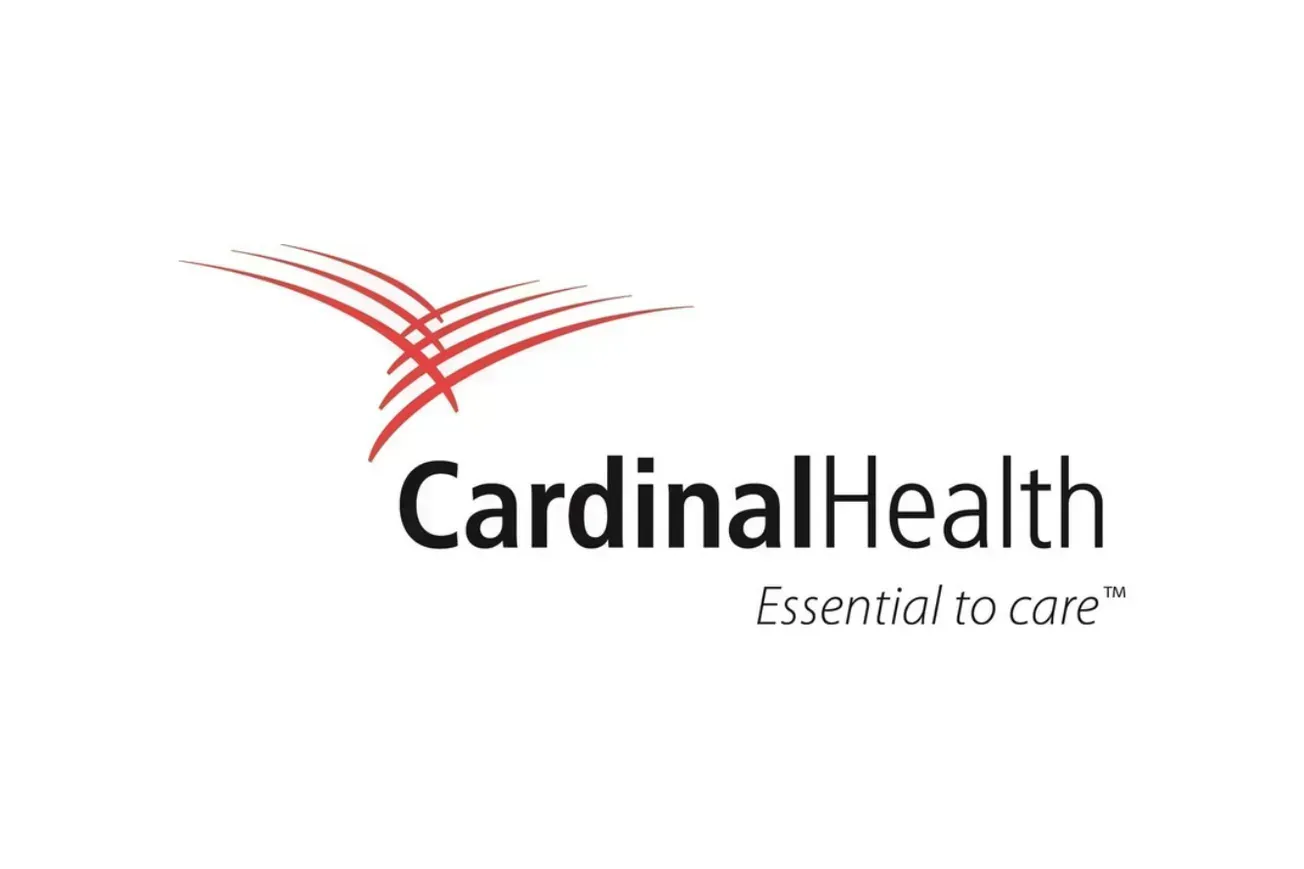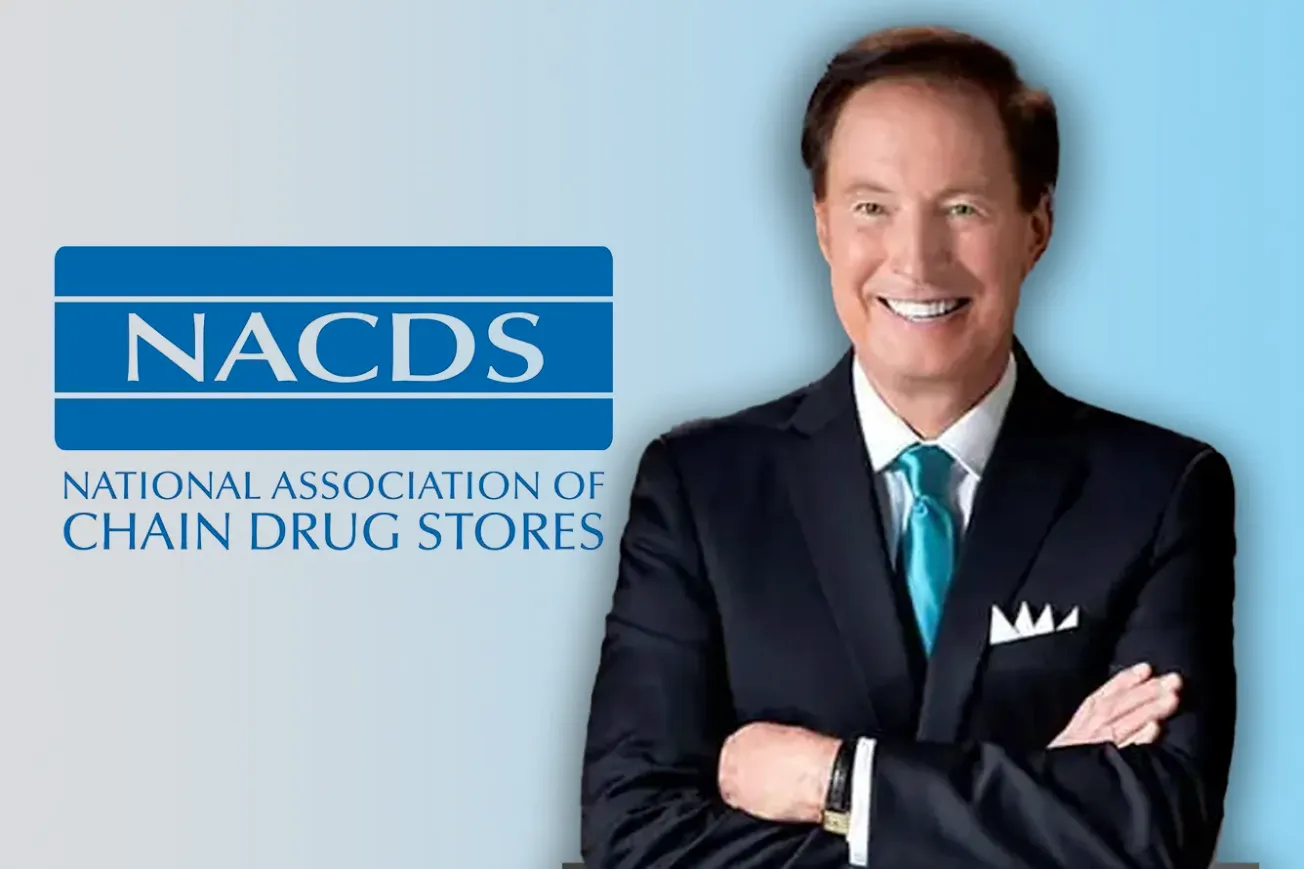By Sheila Arquette, President and CEO, National Association of Specialty Pharmacy (NASP)
Specialty pharmacies connect patients diagnosed with life-altering and often life-threatening complex health conditions with the medications prescribed for their conditions. The expert services that specialty pharmacies provide drive adherence, proper management of medication dosing and side effects, and ensure safe and appropriate medication use. Specialty pharmacy’s patient-centric model is designed to provide a comprehensive and coordinated model of care ensuring patients achieve superior clinical and economic outcomes while expediting their access to care. Specialty pharmacy is defined not by the site of care but the model of care and the type of patient management and care coordination services it provides.

Specialty pharmacy is dynamic, demanding and disruptive. As the market continues to demand specialization in drug distribution and clinical management of complex patients and therapies, specialty pharmacy continues to evolve. Keeping pace with scientific discovery and medical innovation is relentless and challenges all providers along the care continuum to find new ways to support specialty patients and control costs.
The Inflation Reduction Act (IRA) of 2022 is a landmark piece of legislation that addresses several pressing issues including climate change, taxation and health care reform. Among its most transformative provisions are those aimed at lowering prescription drug costs for Medicare beneficiaries, reducing the federal government’s drug spending and expanding access to affordable care. The IRA is one of the most significant Medicare Part D redesigns in decades. The Congressional Budget Office estimates that the drug pricing provisions in the law will reduce the federal deficit by $237 billion over 10 years (2022-2031). While the law presents major concerns as it relates to pharmacy reimbursement and business operations, specialty pharmacies are uniquely positioned to adapt their services and patient care management programs to address the law’s longer-term impact on patients, pharmaceutical manufacturers and the broader health care delivery ecosystem.
Key provisions of the IRA for specialty pharmacy
• Medicare Drug Price Negotiation — The IRA’s biggest statutory change grants Medicare the authority to negotiate drug prices with manufacturers for a select number of drugs each year, beginning with Part D drugs and in 2028 extending to Part B drugs. The first round of negotiations is now complete, with maximum fair price (MFP) limits set on the first 10 negotiated drugs, including three specialty drugs, which will go into effect in 2026.
Under the law, manufacturers of these negotiated drugs are directly responsible for ensuring a pharmacy is paid the MFP after a negotiated drug is verified to have been dispensed by the pharmacy to a Medicare beneficiary. Medicare regulatory guidance issued in October 2024 sets the rules for this process, giving each manufacturer broad flexibility in how they provide a dispensing pharmacy access to a negotiated drug’s MFP. The IRA statute requires a pharmacy be paid promptly within 14 days, but CMS outlines a process that could result in pharmacies being paid long after 14 days, as dispensing data first needs to be verified.
• Annual Cap on Out-of-Pocket Costs for Medicare Part D — Beginning in 2025, Medicare beneficiaries’ out-of-pocket costs for covered Part D drugs will be capped at $2,000 annually (including all deductibles, co-pays and coinsurance).
To further support drug affordability and medication adherence, the law permits beneficiaries to choose whether to spread their $2,000 out-of-pocket cap throughout the calendar year by opting into a new Medicare Prescription Payment Program (M3P).
Beneficiaries can only enroll in M3P through their Part D or MA Prescription Drug Plan. Once enrolled in the program, enrollees will pay $0 to their pharmacy, regardless of the cost of the drug or the costs borne by the pharmacy, and the pharmacy will be reimbursed only after dispensing the drug. Pharmacies are expected to inform beneficiaries about the M3P, but they are not required to or expected to enroll beneficiaries in the M3P.
• Inflation-Based Rebate Requirements — Drug manufacturers are required to pay rebates to Medicare if the price of a drug rises faster than inflation. This provision is designed to curb unjustified price increases, which can be a significant concern in specialty pharmacy given the cost of some specialty biologics and other specialty drugs.
Impact on specialty pharmacy: challenges and opportunities
The IRA is expected to transform the specialty pharmacy industry, presenting both challenges and opportunities.
• Increased Cost Controls and Revenue Implications
Challenges: Medicare price negotiation and inflation-based rebates may place downward pressure on drug manufacturer revenue and specialty pharmacy reimbursement.
The law does not provide additional fees for pharmacies to track or manage the accounting associated with the MFP payment process. With no process requirements in place for manufacturers to effectuate the MFP, pharmacies may be forced to manage multiple payment reconciliation processes across manufacturers if they dispense one or more of the negotiated drugs. If payment delays ensue and manufacturers, plans and pharmacies do not collaborate to establish reasonable and timely payment processes, many pharmacies will face major cash flow problems.
Any reduction in specialty pharmacy reimbursement or delay in payment could be detrimental to the continued dispensing of these drugs and make the delivery of high touch care coordination and comprehensive disease and drug management services that specialty pharmacies provide more challenging.
Opportunities: Specialty pharmacies have been focused for years on optimizing operations and improving efficiencies. By shifting their focus to value-based care models, leveraging their data analytics capabilities and established patient and disease management and drug adherence programs, specialty pharmacies may be able to further demonstrate their role in improving outcomes and reducing overall health care costs.
• Improved Patient Affordability and Access
Challenges: While increased patient affordability may enhance specialty drug adherence, specialty pharmacies may face operational hurdles trying to help patients navigate the new MP3 coupled with new reimbursement models, potential payment delays and ensuing pharmacy cash flow issues.
Specialty pharmacies are expected to be knowledgeable about the out-of-pocket Part D patient cap, and they anticipate receiving numerous questions from beneficiaries; however, ultimately calculating drug costs and drug spend will be the responsibility of the health plans and pharmacies will not be able to provide any accurate financial information to patients, which may negatively affect patient satisfaction with the pharmacy. This could also result in pharmacies not being able to meet any related plan performance evaluations, resulting in additional financial consequences for the pharmacy.
There are also many potential consequences of a law that drastically shifts liabilities within the pharmaceutical channel, increasing liability on health plans and requiring plans to function as bankers and managing the M3P and each beneficiary’s payment plan. Will specialty pharmacies see plans try to exert more financial control by creating more limited preferred pharmacy networks? Will plans establish more restrictive drug formularies or tiers, given rebates will no longer be offered on Medicare negotiated drugs?
Opportunities: The $2,000 annual cap on Medicare beneficiary out-of-pocket costs may help to further solidify specialty pharmacies as key players in medication management and adherence and increase patient satisfaction and engagement as patient affordability for high-cost drugs improves.
• Impact on Drug Development and Innovation
Challenges: Critics of the IRA argue that Medicare price negotiations could stifle pharmaceutical innovation by reducing the potential return on investment for new drugs. This could slow research and development of groundbreaking specialty medications and biologicals.
Opportunities: Specialty pharmacies can play a critical role in advocating for innovation by partnering with manufacturers to highlight the real-world value of new therapies. A specialty pharmacy’s ability to enhance adherence and data collection capabilities is key to demonstrating the case for continued innovation.
Specialty pharmacy engagement
Many questions and concerns exist about the drug pricing reform law and its implementation, potential loopholes and unintended consequences. The National Association of Specialty Pharmacy continues to advocate on behalf of specialty pharmacy and engage in direct discussions with CMS, sharing the concerns of our specialty pharmacy and channel partner members, an extraordinary collection of health care partners.









